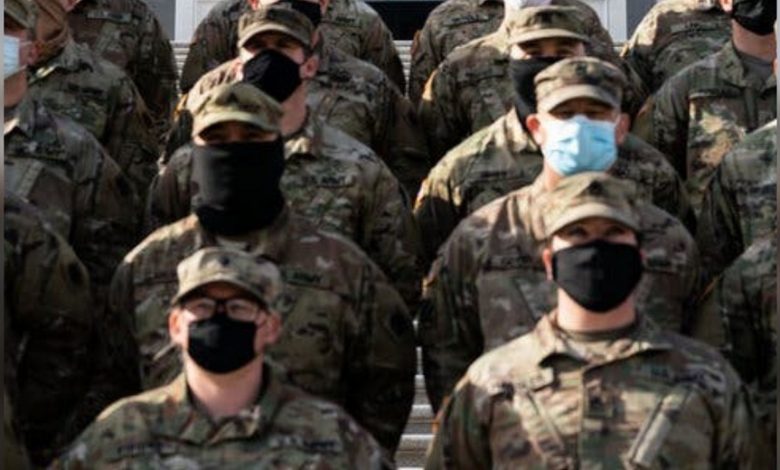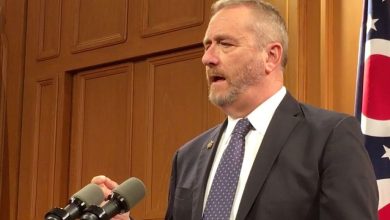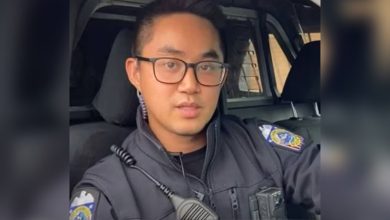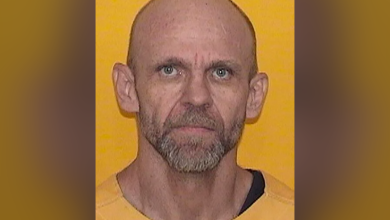
Columbus, Ohio – A total of 1,250 Ohio National Guard personnel will be sent to hospitals around the state that are experiencing staffing shortages and a surge in COVID patients. Hundreds of additional guard members are already assisting at hospitals, but many of those who could be relocated are unable to do so. The Air National Guard has a nearly 93 percent COVID immunization rate.
In an interview, Adjutant General Major General John Harris Jr. stated that nearly half of the troops are unable to go on hospital missions because they need to be vaccinated, despite the fact that some hospitals have waived COVID vaccine requirements for their employees. Harris is frustrated, claiming that the position requires staff preparedness.
“We have to be prepared for the call of the governor now. And so anything else around this vaccine mandate is background noise to me because the issue is readiness, readiness, readiness,” Harris said.
While the Pentagon has issued a COVID vaccination deadline of June 30, Harris has moved the Ohio National Guard’s up to March 31.
“We have to be able to respond as we are, and that means we have to be ready. So waiting until June to get ready is unacceptable for me, quite frankly,” Harris said. “End of March is a long time to wait to get ready, but I’m giving the soldiers the benefit of the doubt. But this medical readiness is nothing new.”
The Air Force had issued a COVID vaccination deadline of November 2, 2021, which could explain the higher percentage of vaccinated personnel in the Ohio Air National Guard.
Harris said Guard personnel are needed in health care facilities because of the “perfect storm” of COVID patients, high numbers of staff testing positive and having to quarantine, and with people refusing COVID vaccine mandates.
But Harris said from his conversations with hospital officials, he’s been told “most of much of it is “just burnout”.
“The people in these hospitals who have been doing this for for almost two years now. And this is not only physically challenging, but emotionally challenging for these folks,” Harris said. “It certainly takes a toll on people.”





Leave a Reply